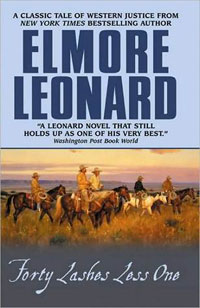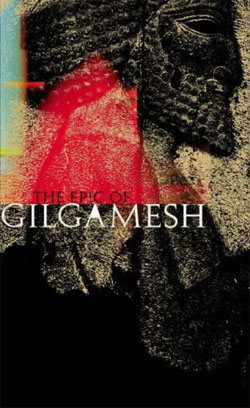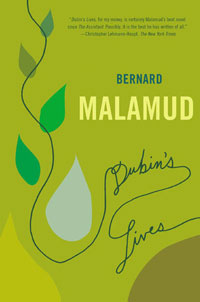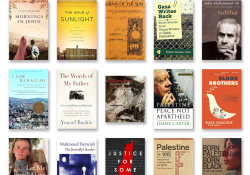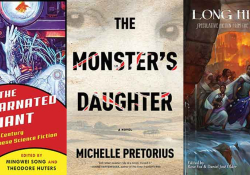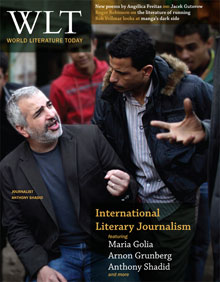12 Books, The Literature of Running: An Interactive Timeline/Reading List
This page is available to subscribers. Click here to signin or get access.
To accompany Roger Robinson's web exclusive piece "Marathons of Memory, Marathons of Life" and his essay "Filling the Unforgiveble Minute: The Literature of Running" in the print edition of WLT, intern Kaitlin Hawkins takes us through Robinson's timeline of running literature.
The Epic of Gilgamesh
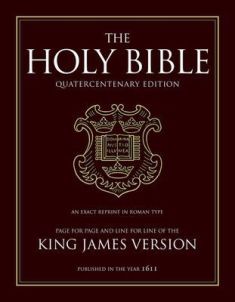
The Bible
Various Authors
1 Corinthians 9:24-27
“The saintliness starts with St. Paul, who uses analogies from training and racing so often and so knowledgeably in his epistles that he was surely a runner, or a coach, or a fan.... ‘Every athlete goes into strict training. They do it for a fading wreath; we, a wreath that never fades. For my part, I run with a goal in front of me.’”
1 Timothy 4:7, Acts 20:24, 2 Timothy 4:7
“Paul the coach challenges you: ‘Keep yourself in training for the practices of religion,’ ‘finish the race and complete the task,’ so that at the last you can say, ‘I have run the great race. I have finished the course, I have kept the faith.’”

The Iliad

Areopagitica
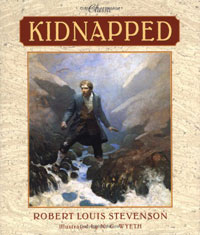
Kidnapped
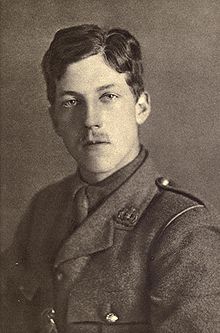
“Song of the Ungirt Runners”
Charles Sorley
1916
www.poemhunter.com
“Seemingly so simple, the poem is infused with the deep disorientation of that anxious generation (‘We know not whom we trust’), as well as affirmation that some things, like running, are not done ‘for cause’ or ‘for prize,’ but simply because they give us contact with the natural world, and a bond with one another that goes deeper than any social or military hierarchy.”
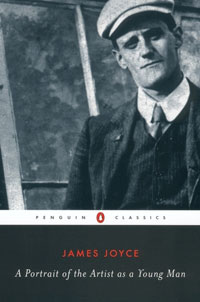
A Portrait of the Artist as a Young Man
James Joyce
1917
“Little Stephen Dedalus gets his glasses broken by a bicyclist while he’s running on the school cinder track, but the association stays so positively in his memory that he later describes a speeding train at night as flinging ‘the little glimmering stations ... behind her ... like fiery grains flung backwards by a runner.’”
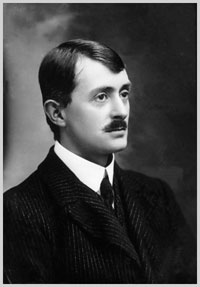
“The Racer”
John Masefield
1923
Representative Poetry Online
“But most often running is something intense, an every-second-counts commitment, ‘the racer ... staring with fiery eyeballs,’ a rush of thumping blood that makes the ‘soul kindle’...”

Death Comes for the Archbishop
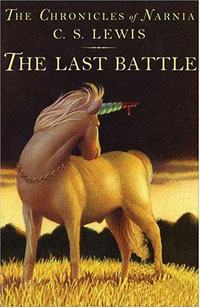
The Last Battle
